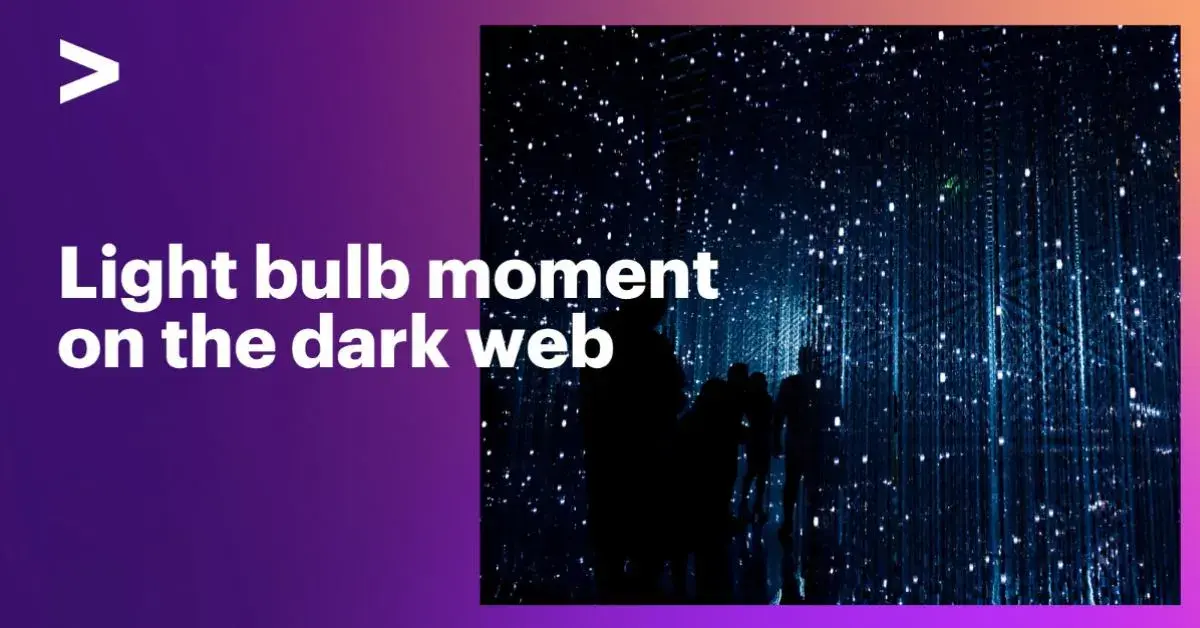Based on research across established dark web forums, threat actors are targeting macOS, with exploits trading for millions of dollars
Apple used to brag about how Macs didn’t get viruses. I used to laugh because it wasn’t that they were that much more secur but because their market share was too small to be a profitable target.
Now they’ve cultivated the perfect target user base. A large collection of tech ignorant or adverse people who have lots of money to burn.
Well, they were significantly more secure by default than Windows due to various design measures including the separation of user land. And old OS9 was friggin brilliant for a web facing machine back in the day.
OS9 ran absolutely everything with full privileges. It was not even remotely secure. It was basically Windows 95-level security.
When did Apple brag about that? All I can think of is a brief ad campaign where the “PC Guy” had a cold. That’s hardly a claim that Macs have perfect security.
Apple has, in fact, gone on the record as saying they don’t think the Mac is secure enough, and that’s why iOS is locked down as tight as it is.
deleted by creator
Uploaded 16 years ago
Removed by mod
It may not even be that much of a real increase. The “1000%” increase chart in the article doesn’t have any y-axis label, which is suspicious. Plus percent increases from a small absolute starting point are misleading.
Skimming article, it looks like increase is in dark web posts about MacOS zero days and CVEs rather than actual successful attacks.
During covid, the right wing dipshit-o-sphere tried to scare Asian people into thinking black people were out to get them.
They’d link things like “San Francisco hate crimes against Asians up 500%!” and just counted on no one looking at the numbers, which in these cases were an increase of one per year to five (all committed by one crazy dude)
Anyways, the reactions to that number were my first real internalization of the concept that the majority of people are just too lazy to check sources, which is something I knew but couldn’t quite believe until then.
deleted by creator
Always relevant: https://imgs.xkcd.com/comics/fastest_growing.png
More and more, companies are giving their sysadmins and coders Macbooks rather than Wintel laptops. It’s been an upward trend in last eight or nine years. I’ve always thought it was to head 'em off at the pass so they won’t install un-remotely managed and un-monitored Linux distros on company equipment. At any rate, a lot of proprietary stuff winds up on corporate Macbooks, which means targets worth going after. As for availability of exploits for OSX, folks have been hoarding them for this kind of situation. These days, you wait for an optimum target environment before you unleash your 0-days.
I’ve always thought it was to head 'em off at the pass so they won’t install un-remotely managed and un-monitored Linux distros on company equipment.
For me it’s not working. Every day of having to use macOS drives me closer to doing this. It’s such a fucking annoying system, even after 2.5 years :-D
The standard file manager doesn’t even have an SFTP client. What are they smoking?
deleted by creator
deleted by creator
I’m stuck with an iPhone for work, too. I really don’t like it. Hell, the only thing I use it for is Okta OTP, I don’t even receive text messages on it. Handy to have a thing to act as a wireless hotspot once in a while, though.
The trick is to use an operating system so niche and different that no one is prepared to hack it.
For those who take this seriously: don’t. Security by obscurity does not work.
I practice security through obsolescence instead, all my data is stored on 3 1/2” floppies and if I need to send someone a voice message I post it on a cassette.
Installing TempleOS in da club
Finally, it’s Plan 9’s time to shine!
That’s why I’m still running A/UX.
I know a couple of greybeards who’re building a SCO UNIX virtual machine to troll skiddies. I wonder if they’re going to sneak it onto the network at hacker summer camp.
Welp, maybe I’ll finally have to get around to installing some sort of anti-virus/malware software after 20 years of macOS and/or Linux. At least the system architecture isn’t quite as much of a dumpster fire as Windows’ is, but nothing is invulnerable when there’s enough incentive
Naw. This is just FUD. I mean it’s coming from Accenture ffs.
Keep calm and keep computing.
I agree, Accenture is not a reliable source.
“Does your company have macs? Mac attacks are up 1000% percent. If you don’t have the IT resources to install antivirus on all your shiny macs, you can pay us to do it for you.”
Yep. Seems to be a sensationalized piece that basically boils down to “Mac market share in enterprise is now more than a rounding error, so hackers might start targeting it”
Anker did just that. Turned out you could just copy paste the url into VLC and watch someone’s feed without them even knowing. They suppressed the info and hid.
Yeah I’m not exactly in a hurry here, but more widespread malware is still just a question of incentive. macOS isn’t invulnerable, it’s just mainly been a smaller and less easy target so it’s not gotten the same sort of attention as Windows
Every software has holes. Not saying macOS is bullet proof. But it’s much harder to infect thanks to its Unix core and the fact the entire OS is on a read only partition. That with their own anti malware tool (Gatekeeper) that took on a much more active roll in macOS’s defenses come Ventura.
I’m far more worried Apple replaces macOS or closes it just like all their other OSes and we end up bouncing between jailbreaks.
The general recommendation is to configure your system to allow the use of the minimum number of privileges. If you don’t have the need to use software that doesn’t come from a trusted repository (like the Apple App Store itself, but also things like homebrew), go ahead and turn off the ability to run software from other sources. If you’re coding, make sure your code is properly sandboxed, and that you’re not blindly relying on untested packages (see compromised npm packages). Don’t give apps accessibility or other rights if they don’t need them, etc. And then stay current on all software updates.
Even zero-days often rely on certain configurations, and you can always lock down the built-in apps to not auto-run or auto-preview things they receive. Some of it requires an active user maintenance to decide how to balance convenience versus security on your own system.
















